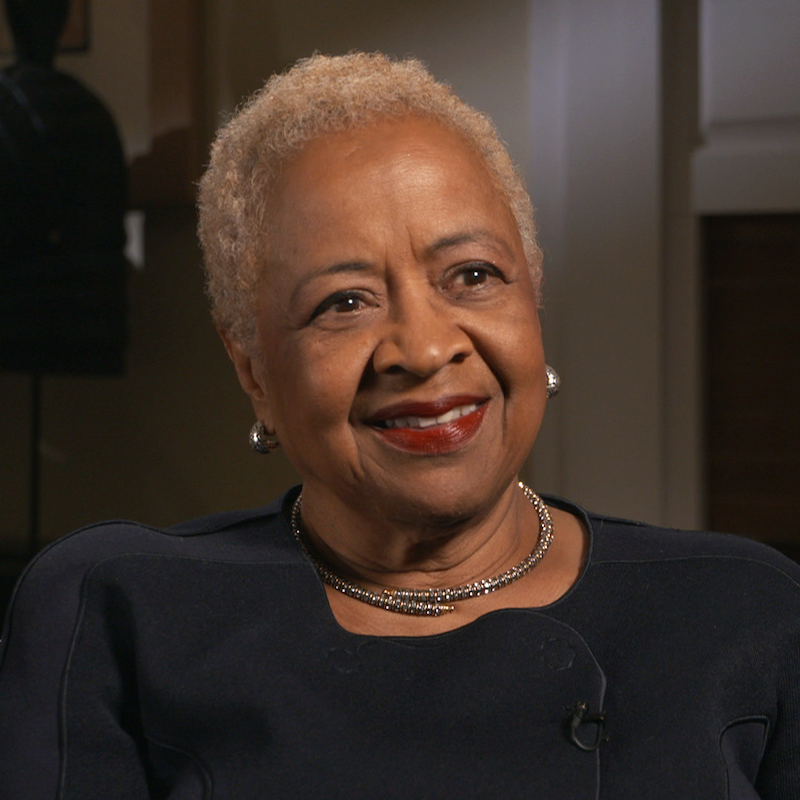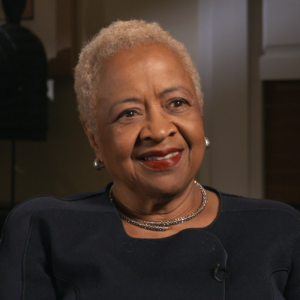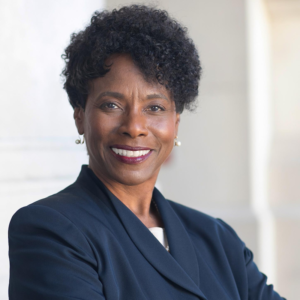Northeastern Law Team Selected as Research Partner by Boston’s Task Force on Reparations


01.24.24 – The City of Boston’s Task Force on Reparations has selected a Northeastern University School of Law team, led by renowned civil rights leader University Distinguished Professor of Law Margaret Burnham, to research the multi-generational impact of slavery on Black Bostonians; the team’s report will play a central role in guiding the city’s reparations efforts.
“Our goal will be to highlight how power was exercised in the City of Boston to allocate resources, benefiting certain groups and burdening others,” said Burnham, who heads Northeastern University School of Law’s Civil Rights and Restorative Justice Project and is co-director of the school’s Center for Law, Equity and Race (CLEAR).

Burnham will co-lead the team with Dr. Deborah A. Jackson, managing director of CLEAR. The group will conduct archival research into the legacies of slavery as they affected public education, public services, housing and economic development from 1940 to the present in the city.
The team will also draw on the expertise and knowledge of Distinguished Professor of Public Policy and Urban Affairs Ted Landsmark; Director of the John D. O’Bryant African American Institute Richard O’Bryant; and community leader Donna Bivens.
The Task Force, chaired by Joseph Feaster Jr. ’75, a graduate of Northeastern University School of Law, was mandated by the City Council through a city ordinance at the end of 2022. The initial call for proposals for research partners was released in September 2023. The Task Force has until the end of 2024 to make its recommendations for reparative justice solutions in Boston.
“The recommendations have to be based on a comprehensive and accurate illumination and understanding of the history,” said Burnham. “Otherwise, the recommendations will be formed in a vacuum. The goal is to research the ways in which city policy disadvantaged its minority communities, its communities of color, and the ways in which city policies reinforced the segregatory and discriminatory behavior of private actors.”
A second team of consultants includes the historian of early New England Kerry Greenidge and other scholars from Tufts University, many of whom were involved in the African American Trail Project, and Kyera Singleton, executive director of the Royall House and Slave Quarters in Medford. They will research the period from 1620 to 1940.
The city has budgeted $500,000 for this research – with money coming from federal COVID-19 relief funds and city funds.
Press Coverage
- “Boston Taps Reparations Researchers To Help Guide ‘An Open Dialogue With the Community’,” The Boston Globe (January 24, 2024).
- “Boston Reparations Panel Pivots Toward Slavery Research, Eyes Deadline Extension,” GBH News (January 24, 2024).
- “Wu Announces Research Teams for Task Force on Reparations,” Bay State Banner (January 24, 2024).
About Northeastern University School of Law
The nation’s leader in experiential legal education since 1968, Northeastern University School of Law offers the longest-running, most extensive experience-based legal education program in the country. Northeastern guarantees its students unparalleled practical legal work experiences through its signature Cooperative Legal Education Program. More than 1,000 employers worldwide in a wide range of legal, government, nonprofit and business organizations participate in the program. With a focus on social justice and innovation, Northeastern University School of Law blends theory and practice, providing students with a unique set of skills and experiences to successfully practice law.
For more information, contact d.feldman@northeastern.edu